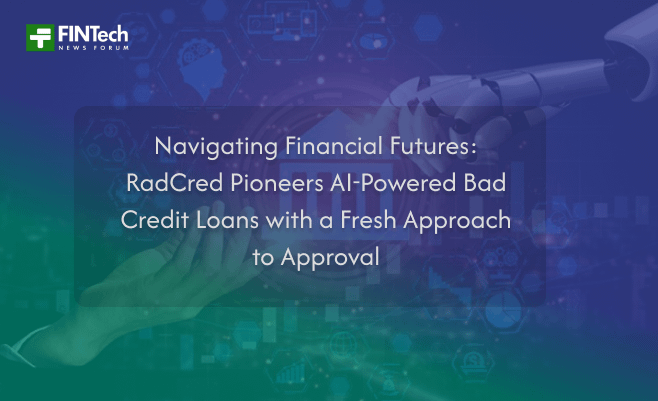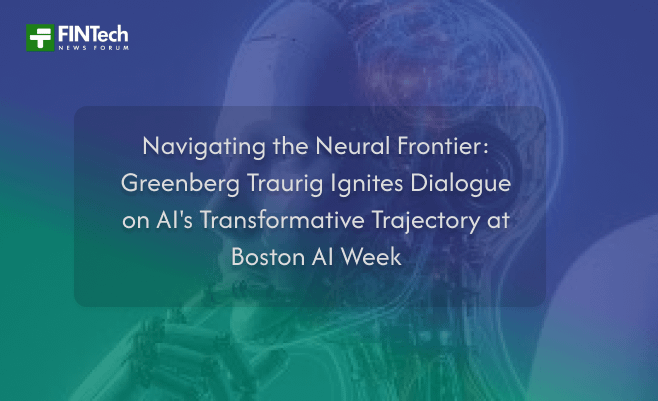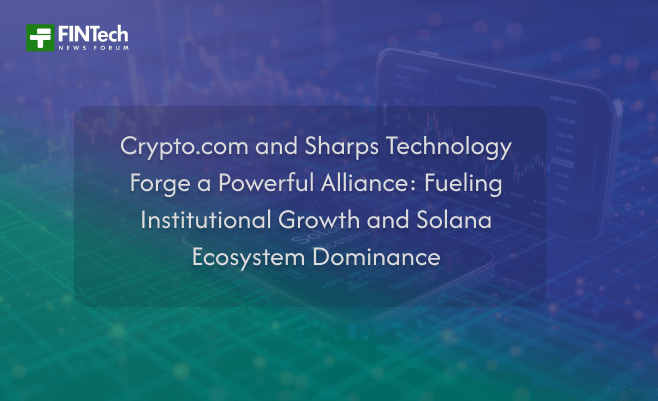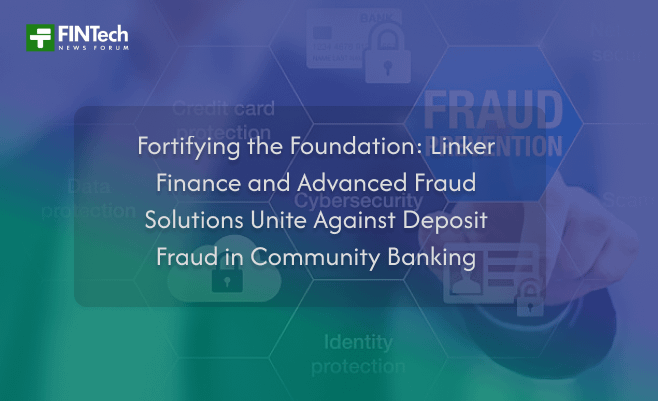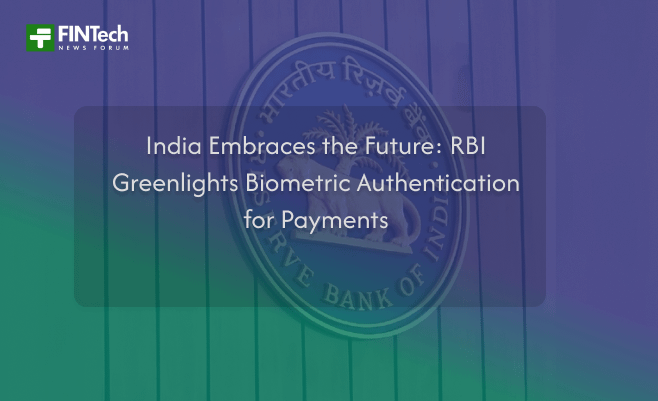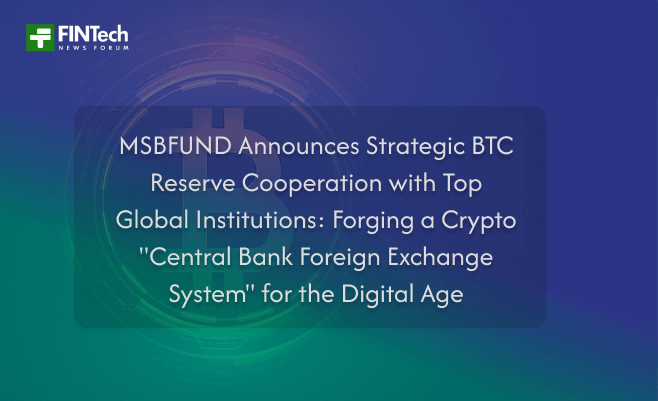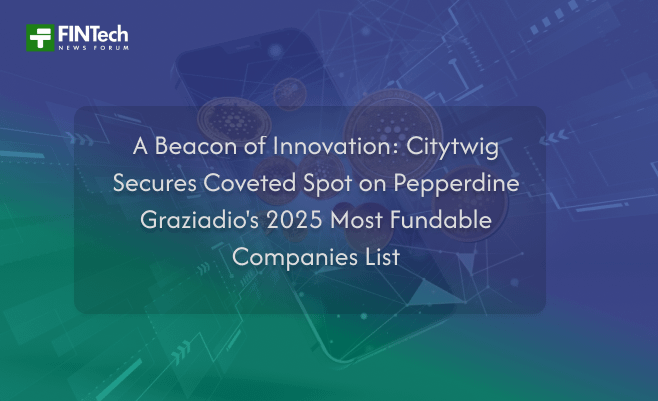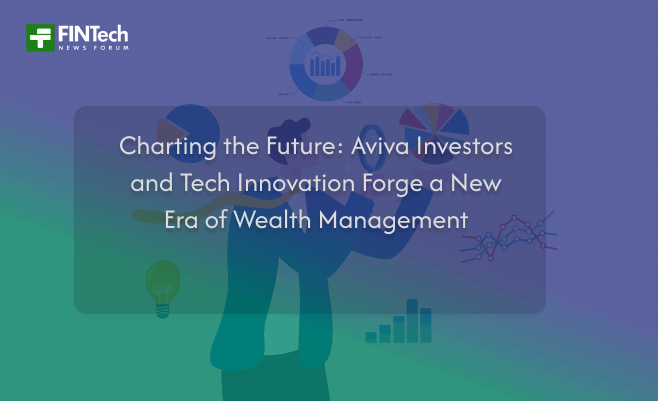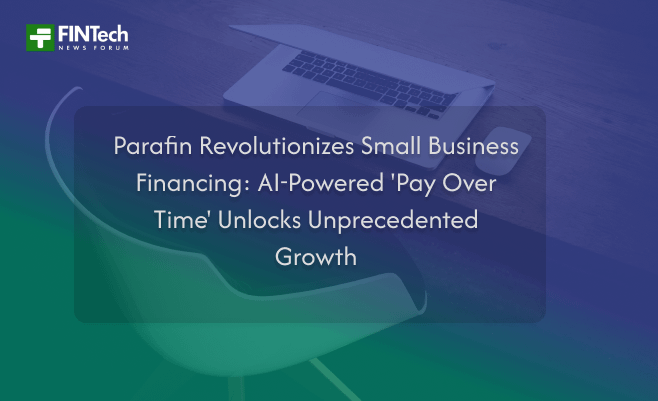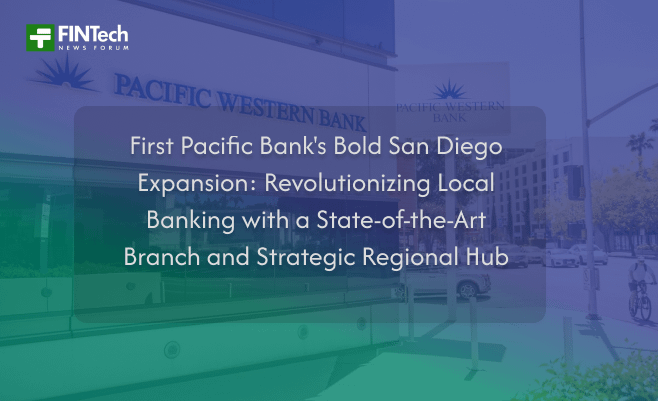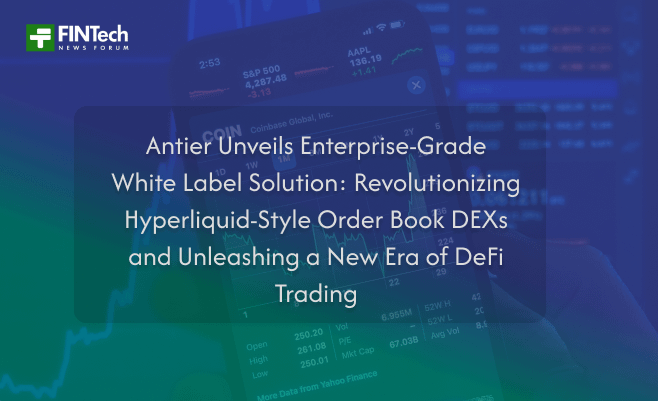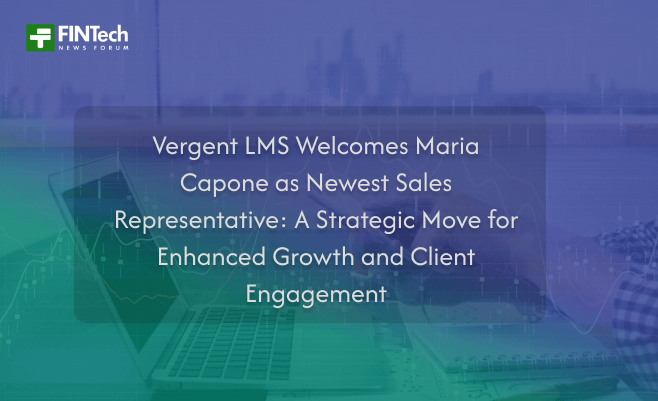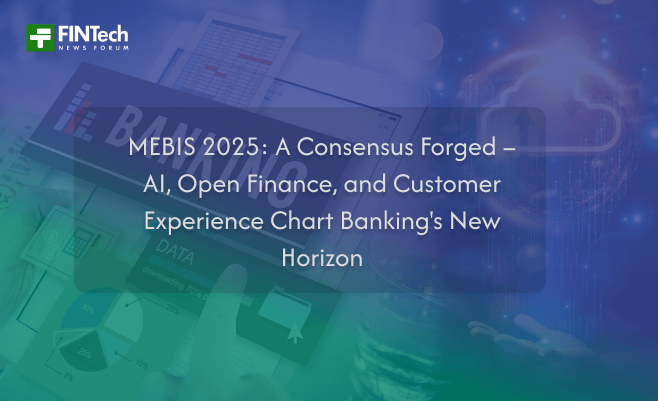
The final gavel has fallen on MEBIS 2025, leaving a palpable buzz of innovation and a clear roadmap for the future of financial services. For three intense days, industry leaders, technology pioneers, regulators, and visionaries converged, dissecting the forces reshaping an industry historically defined by its steadfastness. What emerged was not merely a set of predictions, but a resounding consensus: the future of banking will be irrevocably defined by the symbiotic relationship between Artificial Intelligence (AI), the burgeoning landscape of Open Finance, and an uncompromising focus on Customer Experience (CX). This powerful triad, MEBIS 2025 affirmed, is not just a trend; it is the fundamental architecture upon which the next generation of banking institutions will be built. The question is no longer if these forces will transform banking, but how swiftly institutions will adapt to leverage their monumental potential.
The AI Imperative: Intelligence Evolving Every Facet of Finance
The discussions at MEBIS 2025 made it unequivocally clear: AI is no longer a futuristic concept but a present-day imperative, rapidly integrating into the very DNA of banking operations and customer interactions. The conversation moved far beyond the initial hype of chatbots and robotic process automation, delving into AI’s profound capabilities to augment human decision-making, preempt risks, and unlock unprecedented levels of personalization.
From the back office to the front lines, AI is orchestrating a silent revolution. In risk management, machine learning algorithms are now capable of identifying subtle patterns indicative of fraud or credit default with greater accuracy and speed than traditional methods, moving from reactive detection to proactive prevention. Compliance departments are leveraging AI to navigate increasingly complex regulatory landscapes, automating the monitoring of transactions and ensuring adherence to guidelines, thereby reducing human error and operational costs. On the operational side, AI-powered automation is streamlining everything from loan application processing to customer onboarding, reducing friction and accelerating time-to-value for both banks and their clients. This isn’t just about cutting costs; it’s about building more resilient, efficient, and intelligent financial ecosystems.
However, the true power of AI, as highlighted at MEBIS 2025, lies in its capacity for deep customer insight. Through sophisticated data analytics, AI can now synthesize vast amounts of customer data – transactional history, browsing behavior, social media sentiment, life events – to construct a holistic 360-degree view of an individual. This insight fuels hyper-personalization, allowing banks to offer not just tailored products, but truly predictive advice. Imagine a banking app that suggests a timely savings plan for a child’s education based on family demographics, or offers a personalized investment portfolio adjusted in real-time to market fluctuations and individual risk appetite. Generative AI, too, emerged as a transformative force, capable of drafting personalized financial reports, summarizing complex documents, and even creating nuanced marketing communications that resonate deeply with individual customers, effectively scaling bespoke financial advice.
Yet, the discussions were not without their cautionary notes. The ethical implications of AI – bias in algorithms, data privacy, the imperative for explainable AI (XAI), and the potential for job displacement – were thoroughly debated. The consensus was that responsible AI development, transparent governance frameworks, and continuous upskilling of the workforce are paramount. Banks must invest not only in the technology but also in the ethical infrastructure and human capital required to harness AI’s power responsibly. The future banking professional, MEBIS 2025 concluded, will be a human-AI collaborator, leveraging intelligence to elevate their strategic roles and deepen customer relationships. AI, ultimately, is poised to become the indispensable nervous system of the modern bank, powering every decision, interaction, and innovation.
Open Finance: Orchestrating an Ecosystem of Possibilities
Building on the foundation laid by Open Banking, MEBIS 2025 heralded the mainstream arrival of Open Finance as the next frontier in financial interoperability. This paradigm shift extends beyond simple payment initiation and account information sharing to encompass a far broader spectrum of financial services, including investments, insurance, pensions, and wealth management. The vision is clear: a seamlessly interconnected financial ecosystem where consumers have unprecedented control over their data and the ability to aggregate, analyze, and port their financial information across multiple providers with ease and security.
For the consumer, Open Finance promises a revolution in financial empowerment. Instead of juggling disparate accounts and platforms, individuals will be able to view their entire financial life – from checking accounts and credit cards to mortgages, stocks, and insurance policies – in a single, unified interface. This comprehensive overview facilitates better financial planning, enables personalized recommendations from a wider array of providers, and simplifies the process of comparing and switching services to find the best value. Imagine an app that not only shows your current account balance but also suggests optimal ways to allocate your surplus funds across different investment opportunities or identifies insurance policies that better match your evolving life circumstances, all based on your aggregated financial data.
For banks, Open Finance presents both a challenge and an immense opportunity. While some traditionalists view it as an erosion of their proprietary customer relationships, the forward-thinking consensus at MEBIS 2025 embraced it as a catalyst for innovation and new revenue streams. By opening up their APIs (Application Programming Interfaces) more broadly, banks can transform from mere product providers into orchestrators of financial services ecosystems. They can partner with FinTechs, insurance companies, wealth managers, and even non-financial entities to embed their services into diverse customer journeys. This could mean offering direct-to-consumer lending within an e-commerce platform, or automatically adjusting insurance coverage based on a customer’s investment portfolio performance.
The discussions also highlighted critical challenges: the need for robust data security and privacy protocols, the standardization of APIs across diverse financial instruments, and the daunting task of regulatory harmonization across different jurisdictions. Trust, in this new collaborative landscape, becomes the ultimate currency. Banks must not only ensure the technical security of data exchange but also cultivate transparent relationships with both customers and ecosystem partners. MEBIS 2025 emphasized that the shift is from competition to “co-opetition,” where strategic partnerships and the ability to seamlessly integrate with a wider ecosystem will determine market leadership. Open Finance, ultimately, is about breaking down silos and fostering a hyper-connected financial world where innovation can flourish at an unprecedented pace, with banks playing a pivotal role as trusted facilitators.
Customer Experience (CX): The Ultimate Differentiator in a Digital Age
Amidst the technological marvels of AI and the structural shifts of Open Finance, MEBIS 2025 consistently circled back to a fundamental truth: the ultimate battleground for loyalty and market share will be customer experience. In an increasingly commoditized financial landscape, where products often appear similar and prices are transparent, CX emerges as the paramount differentiator. The consensus was clear: banks must move beyond transactional interactions to foster truly empathetic, personalized, and intuitive relationships that anticipate customer needs.
The concept of CX discussed at MEBIS 2025 transcended mere digital interfaces; it encompassed a unified, seamless omnichannel experience. Whether a customer interacts via a mobile app, website, call center, or physical branch, the experience must be consistent, cohesive, and contextually aware. This means not repeating information, offering continuity across touchpoints, and leveraging data to personalize every interaction. Waiting times, complex processes, and impersonal service were flagged as relics of a bygone era that will simply not survive in the hyper-competitive environment of 2025 and beyond.
The intersection of AI and Open Finance is particularly powerful in elevating CX. AI’s ability to analyze vast data sets and predict customer needs allows banks to move from reactive service to proactive engagement. Instead of waiting for a customer to call with a problem, AI might flag a potential issue and initiate an offer of assistance. Open Finance, meanwhile, provides a holistic view of a customer’s financial life, enabling advisors (both human and AI-driven) to offer comprehensive, integrated advice that truly addresses an individual’s complete financial well-being, not just their dealings with a single institution. This level of personalized, predictive service transforms banking from a necessary chore into a valuable partnership.
However, MEBIS 2025 stressed that technology alone is insufficient. The human element remains vital, though its role is evolving. Frontline staff will transition from processing transactions to becoming trusted advisors, leveraging AI tools to enhance their insights and focus on complex problem-solving and empathetic relationship building. The human touch will be reserved for moments of high emotional impact or intricate decision-making, while AI handles routine inquiries with speed and precision. Building trust through transparency, robust security, and ethical data usage was identified as the foundational pillar of exceptional CX. Customers are increasingly savvy, and they demand not just convenience, but also peace of mind. The future of banking CX is about anticipating needs, delivering personalized value, and building enduring relationships through a blend of cutting-edge technology and genuine human connection.
The Interwoven Future: A Synergistic Revolution
As the delegates departed MEBIS 2025, the overarching message was one of profound transformation, driven not by isolated forces, but by a powerful synergy. AI is the intelligence layer that personalizes, optimizes, and secures. Open Finance is the connective tissue that enables a broad ecosystem of services and data flow. And Customer Experience is the ultimate beneficiary and the guiding principle, ensuring that all technological and structural advancements genuinely serve the end-user.
Banks that fail to embrace this interwoven future risk becoming irrelevant. Those that strategically invest in all three pillars – nurturing a culture of AI-driven innovation, actively participating in and orchestrating Open Finance ecosystems, and relentlessly focusing on designing empathetic, seamless customer journeys – are poised not just to survive, but to thrive. MEBIS 2025 didn’t just conclude with a consensus; it concluded with a clear mandate for reinvention. The next era of banking has arrived, and it promises to be more intelligent, more interconnected, and ultimately, more customer-centric than ever before. The blueprint has been laid; now, the work of building the future truly begins.


